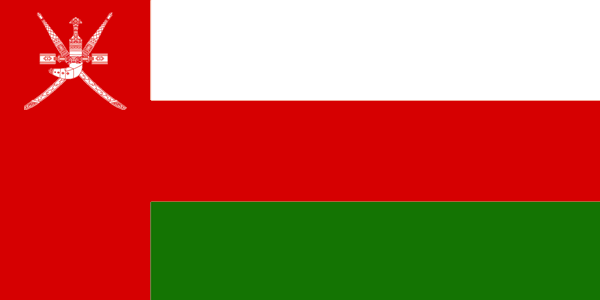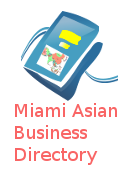
Culture
Oman is famous for its khanjar knives, which are curved daggers worn during holidays as part of ceremonial dress. Today traditional clothing is worn by most Omani men. They wear an ankle-length, collarless robe called a dishdasha that buttons at the neck with a tassel hanging down. Traditionally this tassel would be dipped in perfume. Today the tassel is merely a traditional part of the dishdasha.
Women wear hijabs and abayas. Some women cover their faces and hands, but most do not. The abaya is a traditional dress and it is currently having different styles. The Sultan has forbidden the covering of faces in public office. On holidays, such as Eid, the women wear traditional dress, which is often very brightly colored and consists of a mid-calf length tunic over pants.
A very important part of Omani culture is hospitality. If invited into an Omani house, a visitor is likely to be greeted with a bowl of dates, qahwa (coffee with cardamom - standard Arabic قهوة) and fruit. The coffee is served fairly weak in a small cup, which should be shaken after three servings to show that you have finished. The dates are in lieu of sugar. Halwa and other sweets are often given at celebrations such as Eids.
Foreign Policy
Over the past 37 years the Sultanate's foreign policy has helped strengthen its bilateral links and promote mutual interests with other states, while at the same time serving the cause of national development and the peace, security and stability of this vital region and its people. His Majesty pointed out that Oman's foreign policy over recent decades has proved "its viability and soundness". He added:” We are committed to this path, which is based on support for rights, justice, peace, security, tolerance and love, and which calls for international co-operation in order to consolidate stability, promote development and prosperity, and tackle the causes of tension in international relations by providing just and permanent solutions to serious problems that will reinforce peaceful coexistence between nations and lead to the well-being of mankind as a whole."
This is the vision that has determined Oman's approach to issues and developments in the various Gulf, Arab and international arenas. At the same time, the Sultanate works to develop its bilateral relations and widen its circle of friends around the world, opening up new horizons for the Omani economy and generating further progress and prosperity for its people.
The Economic Dimensions of Foreign Policy
Thanks to the warm relations Oman enjoys with countries around the world and its centuries-long experience of trade and contacts, foreign policy has played a vital role in bolstering development efforts. The Sultanate is also a major contributor to economic co operation in the Gulf, Arab, regional and international arenas.
The Free Trade Agreement (FTA) signed by the Sultanate with the United States of America on 19th January 2006 is designed to help boost bilateral trade and investment. It was approved by the US Senate on 19th September 2006 and signed into law by the President on 26th October 2006. The Sultanate enthusiastically supports the Arab Gulf Co-operation Council (AGCC), the Greater Arab Free Trade Zone and the World Trade Organization (of which it is an active member), and in 2003 it joined the Asian Co-operation Dialogue. It helped set up the Indian Ocean Rim Association for Regional Co-operation and is actively engaged in developing closer bilateral relations with numerous states. This has had a tangible effect not only in attracting greater foreign investment to the Sultanate through the funding of major industrial, tourist and service projects in different parts of the country, but also in boosting trade with various countries around the world, to the benefit of the Sultanate's development process.
Oman's close relations with countries in Asia and Africa go back a long way Trade links, particularly with South and South-East Asia and East and Central Africa, first began with the arrival of Omani trading vessels centuries ago, and these associations have increased steadily over the years.
The Sultanate played a major part in establishing the Indian Ocean Rim Association for Regional Co-operation (IORARC) in 1997 and actively promotes measures to promote economic co-operation between member states, particularly in trade, tourism, the sciences, marine transport and fisheries.
Meanwhile, relations with East and Central Africa also continue to flourish with existing extensive ties strengthening annually, opening up the way for ever closer future relationships.
The Sultanate enjoys diplomatic relations with over 140 countries and is a member of over 105 regional and international organizations.










